Can Women Be Prophets?
Sheikh Rashad Ali touched upon this often controversial subject. Referring to Chapter Maryam in the Quran he said,
“The scholars say that a prophet is someone who God chooses, grants a message, sends an angel and grants a miracle. So the Ulema [scholars] ascribe these attributes to Maryam saying she was chosen, told she was pure, sent an angel, and the miracle of Jesus was Maryam’s miracle. That angel was Jibreel who was sent to Maryam.
“So the ulema of the Sunnah, the sheikh of ahlus sunnah, Imam Abu Hasan al Ashari was of the view that she was a prophet, a prophetess. So it’s orthodox dogma, not heterodox, not modernist, not powerful repressing or repressive feminism”
Rashad added, “The Hafiz Asqalani, the hadith master Ibn Hajar al-Asqalani took this position. And the commentator of the Qur’an, Qurtubi, was also of the view that the Qur’an established the Prophethood of Maryam.”
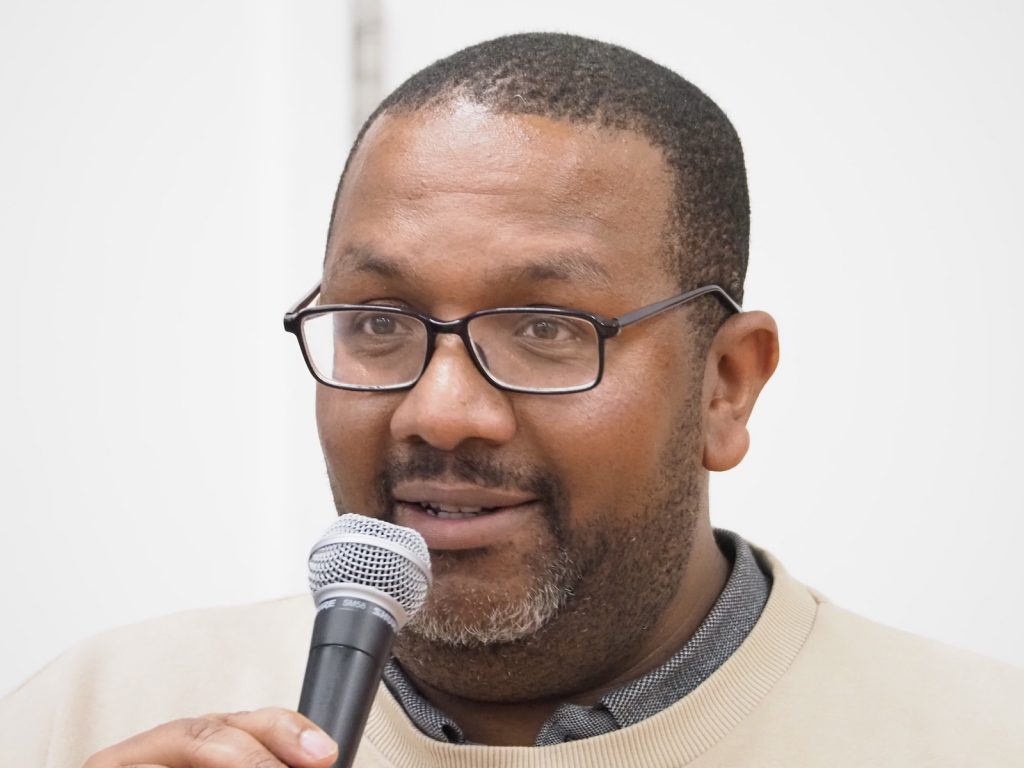
Muslim Women Role Models
Ismael Lea South shared an experience with his young daughter who struggled with her two identities first as a Black woman and second as a Muslim woman. Black women aren’t Muslims, and Muslim women aren’t black, these words made her feel uncomfortable and she is both Black and Muslim.
So Ismael and his daughter worked on a presentation to identify famous Black Muslim women throughout history.
“The first lady I am going to is a sister called Halima. She was the wet nurse of the Prophet Arabs had a tradition, soon after the baby was born, it would be taken to the desert and be looked after by a wet nurse,” he said.
“There are many traditions of the Prophet (PBUH) which said that when he was an adult and he would see her, he would show respect to her as if she was his mother.”
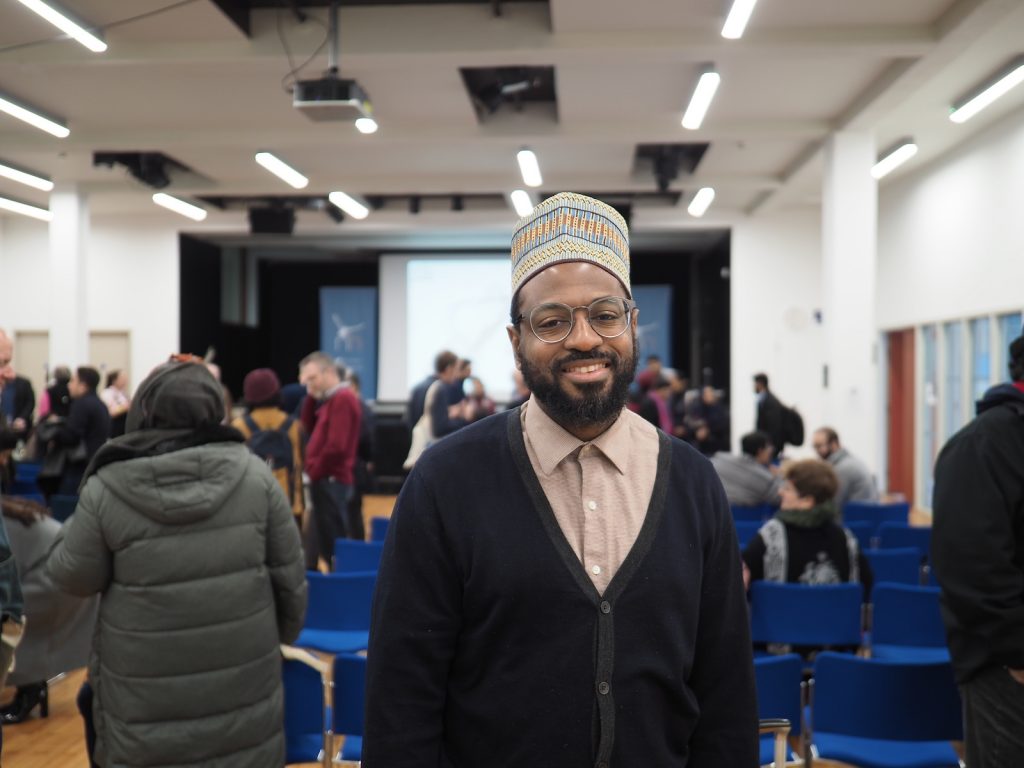
Speaker Dr Rasul Miller 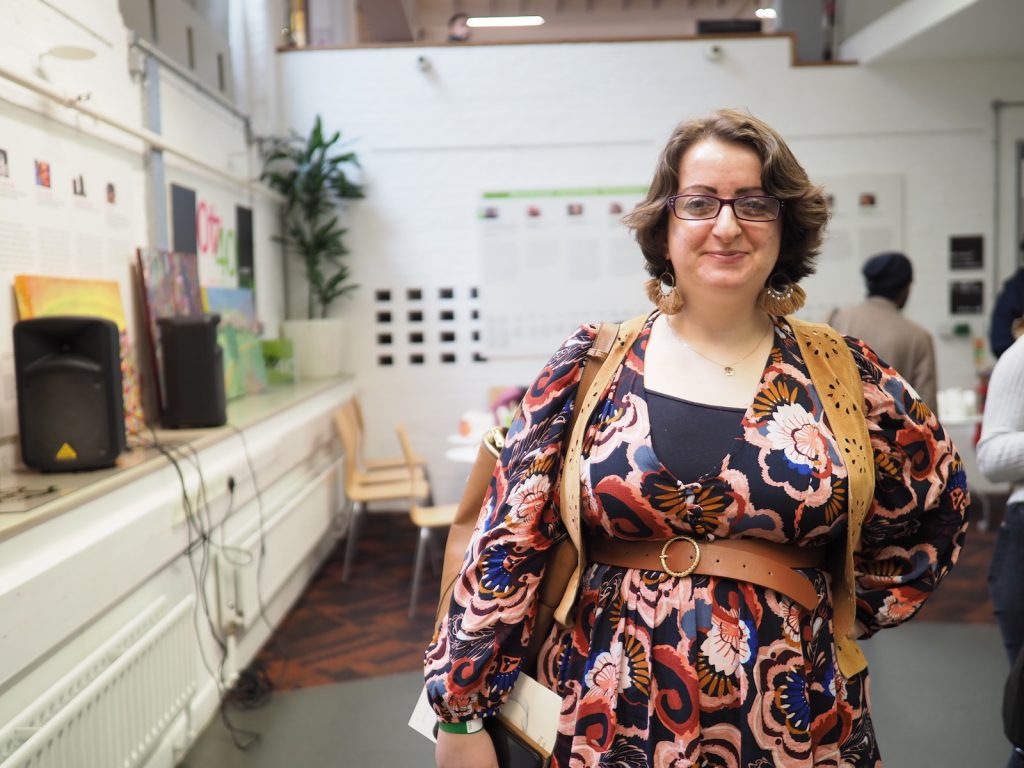
Speaker Elizabeth Arif Fear 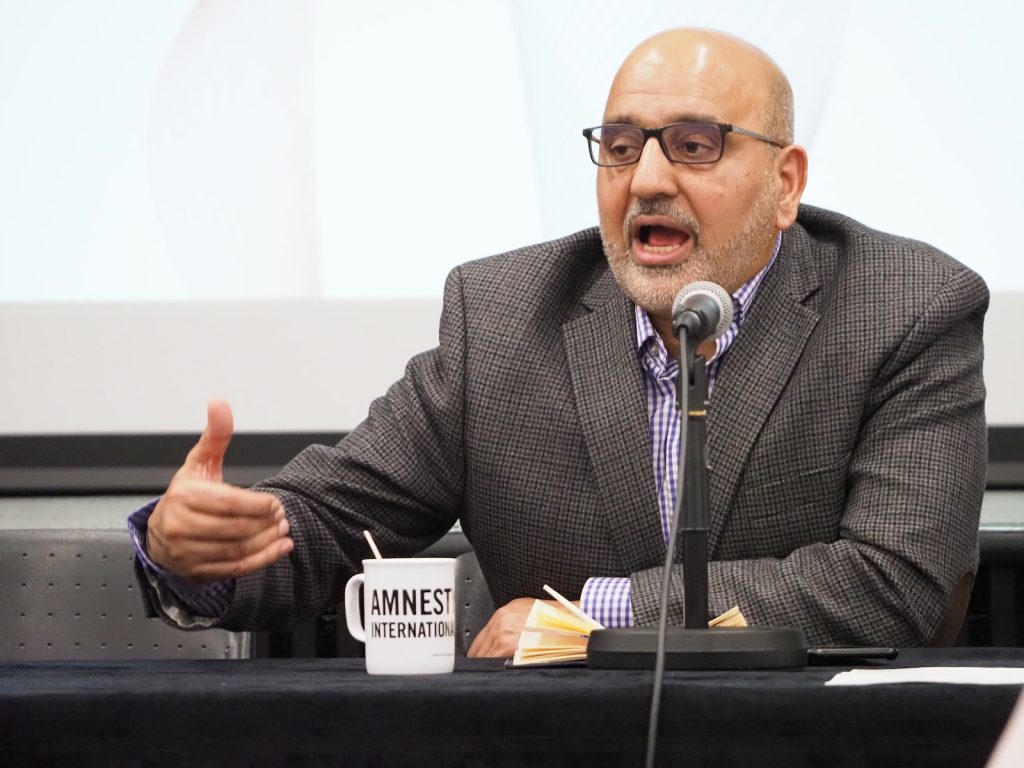
Keynote speaker Sheikh Ebrahim Moosa 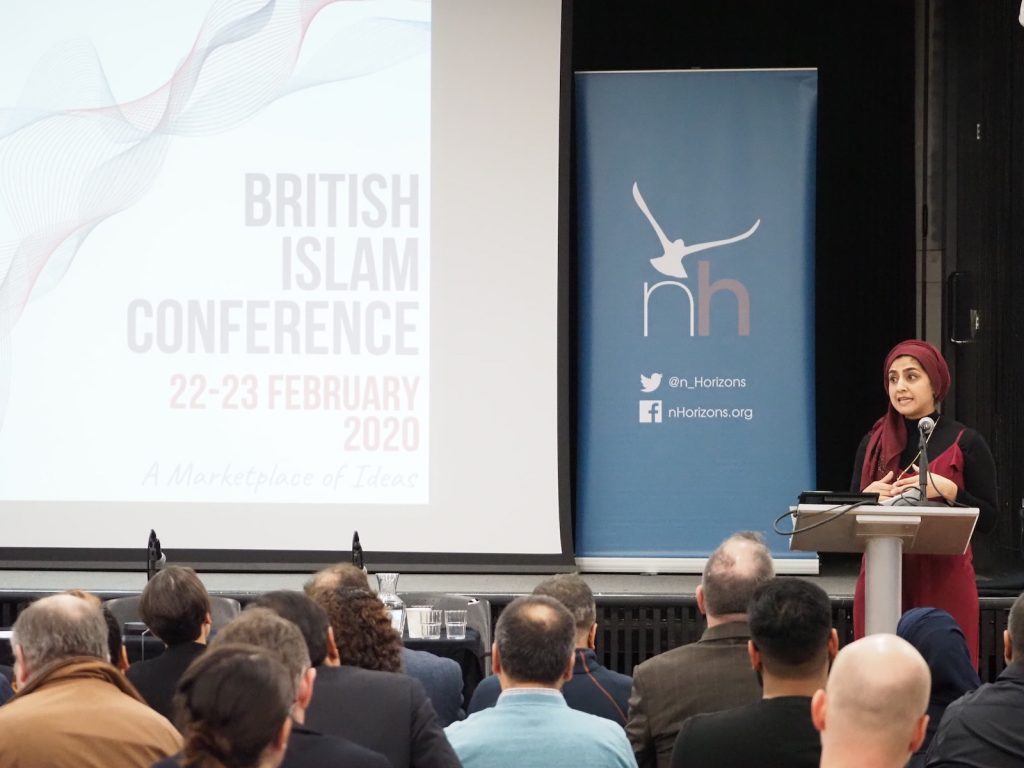
Organizer Rahiba Hannan 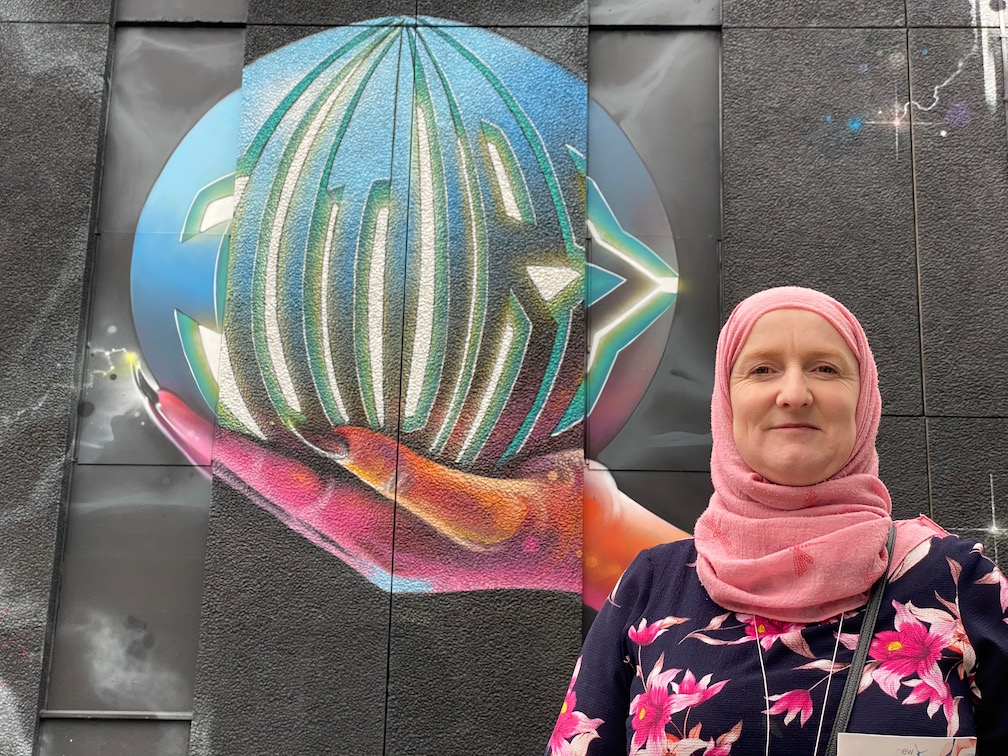
Activist Julie Siddiqi 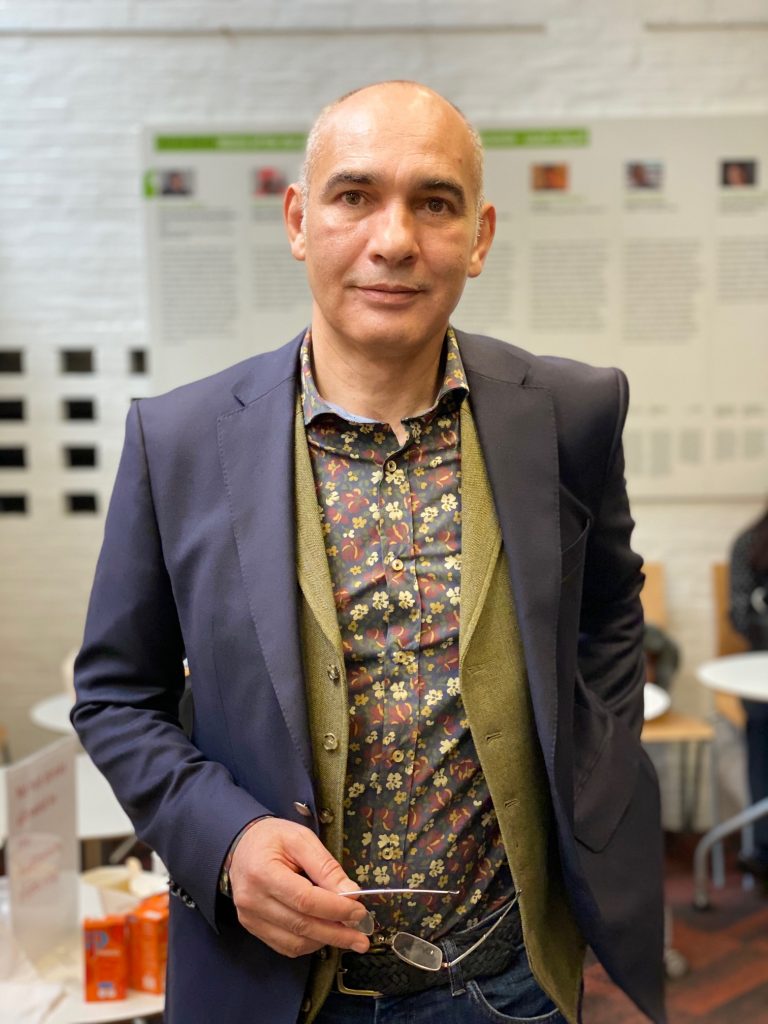
Artist Karim Hajjaji 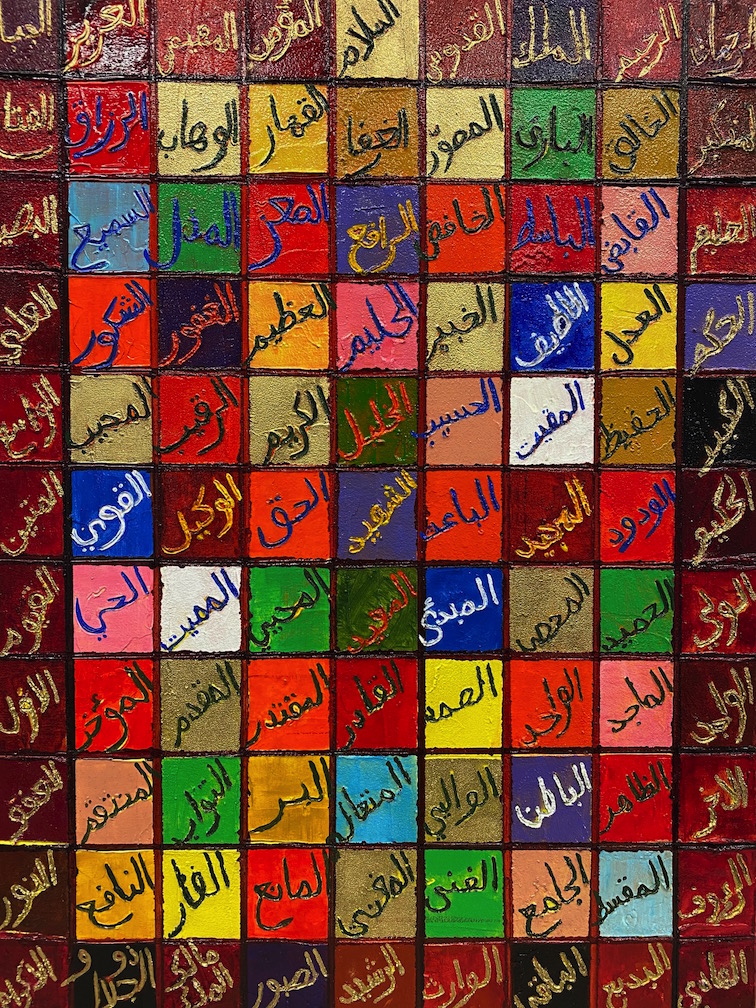
99 Names by Karim Hajjaji 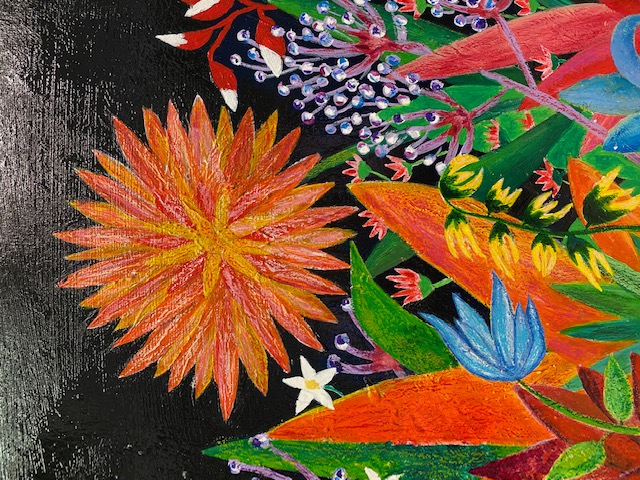
Karim Hajjaji Sunflowers 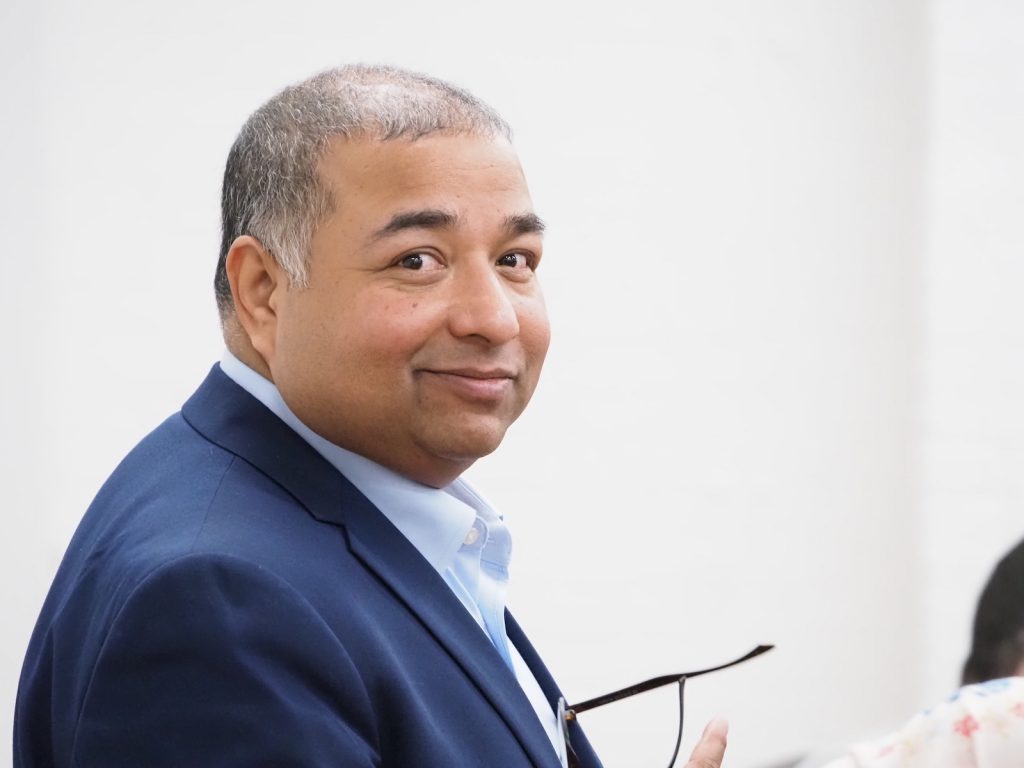
Organizer Dilwar Hussain 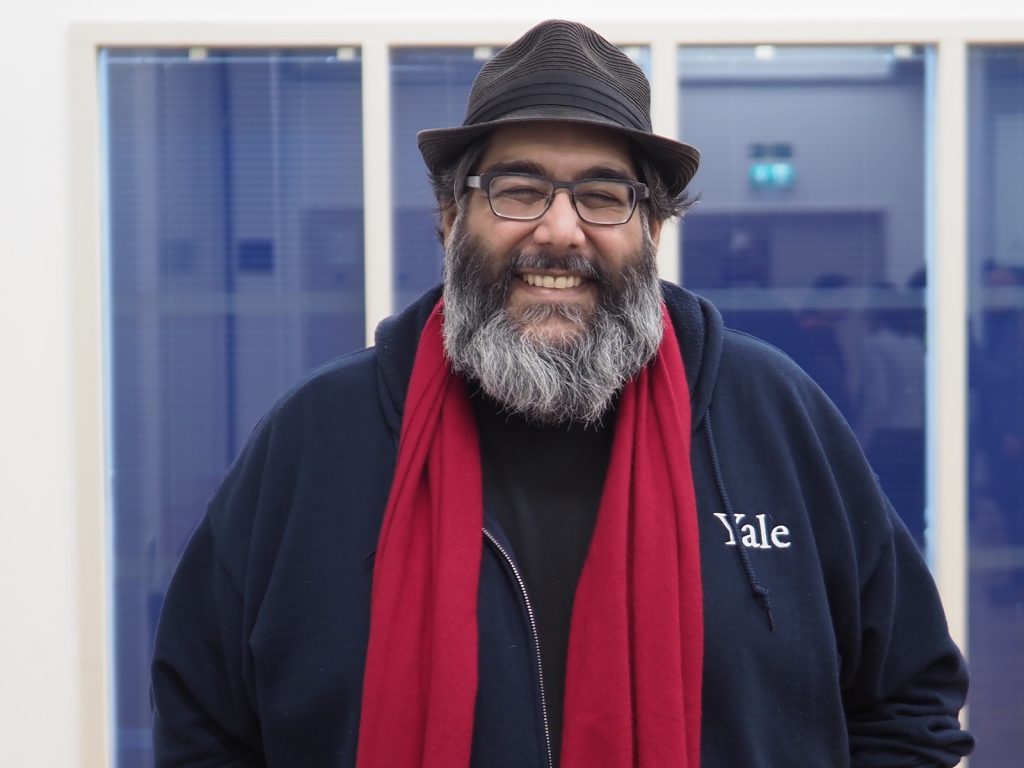
Speaker Abdul Rehman Malik 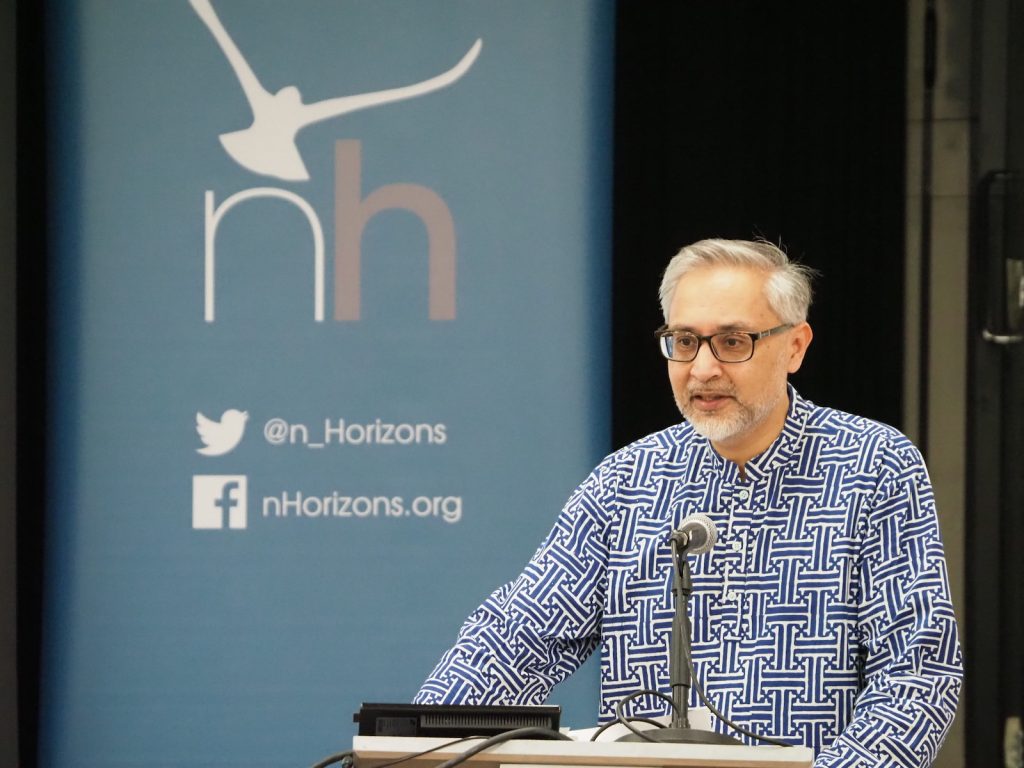
Diplomat Moazzam Malik 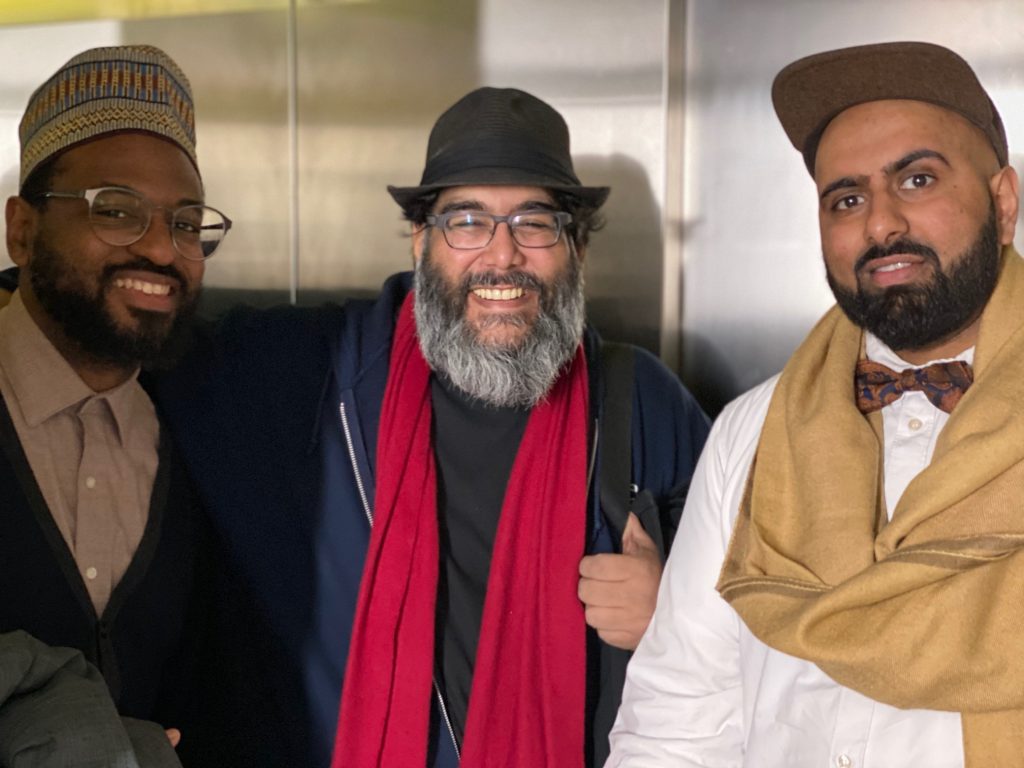
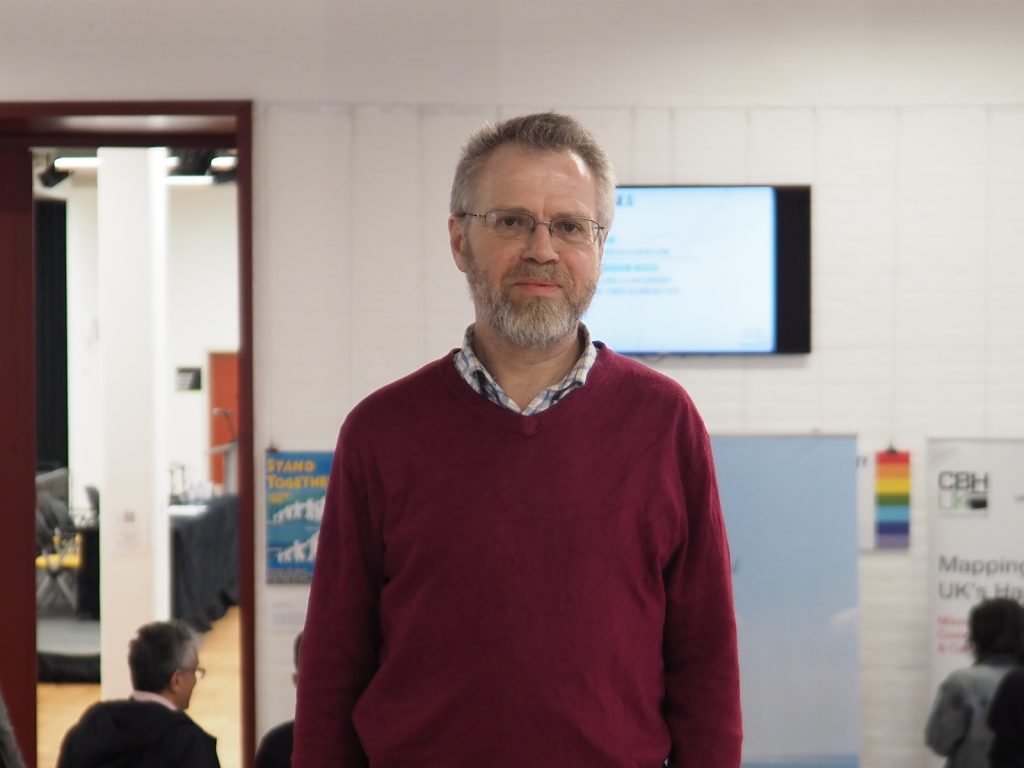
Julian Bond 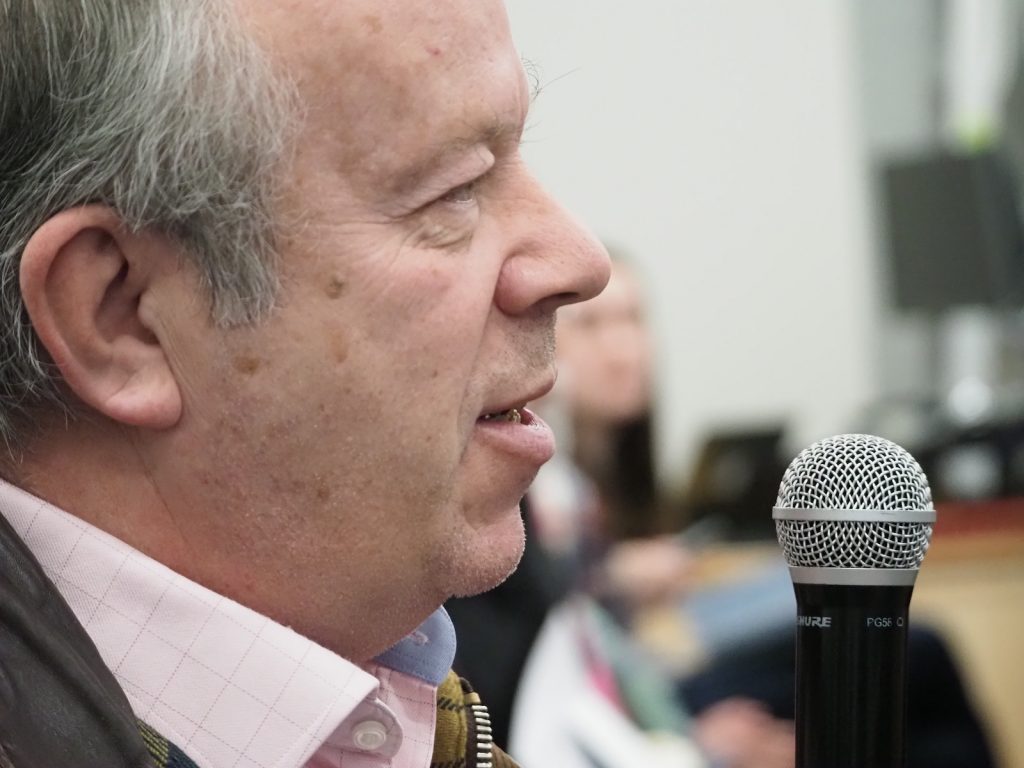
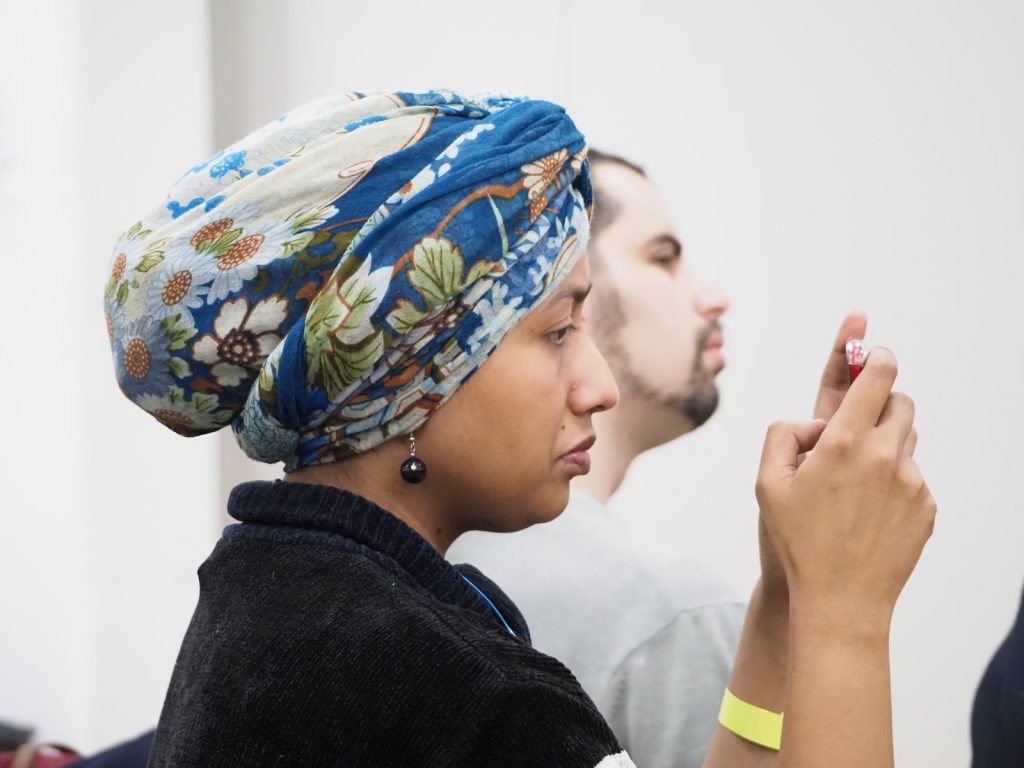
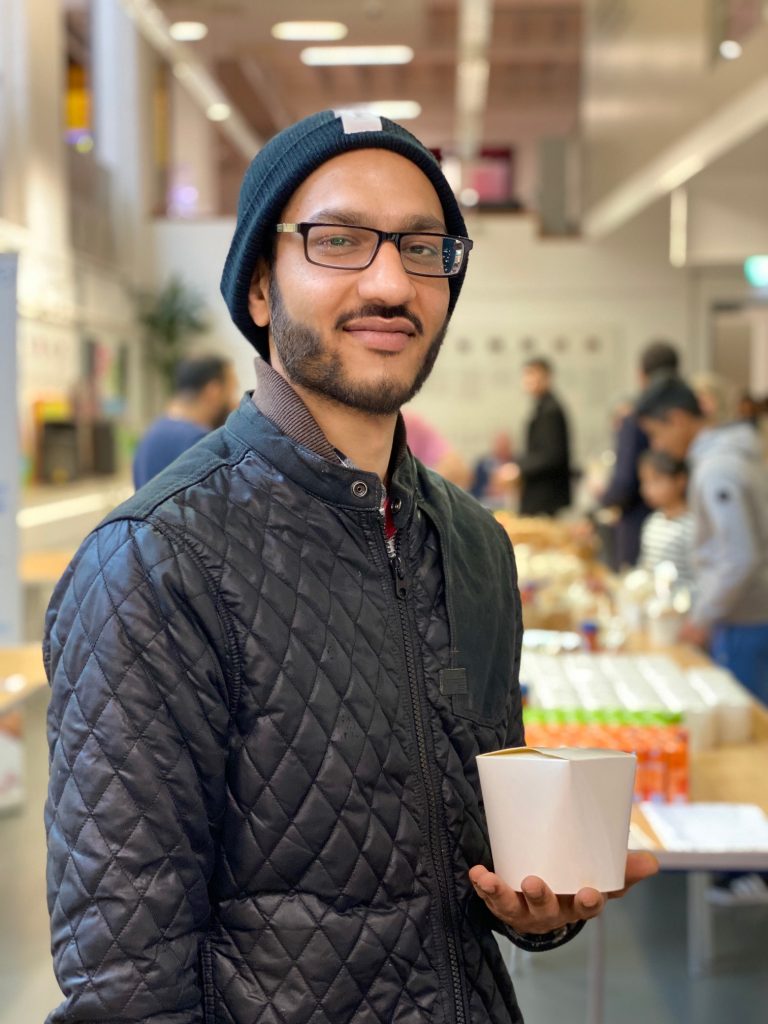
Caterer Sayeed Islam 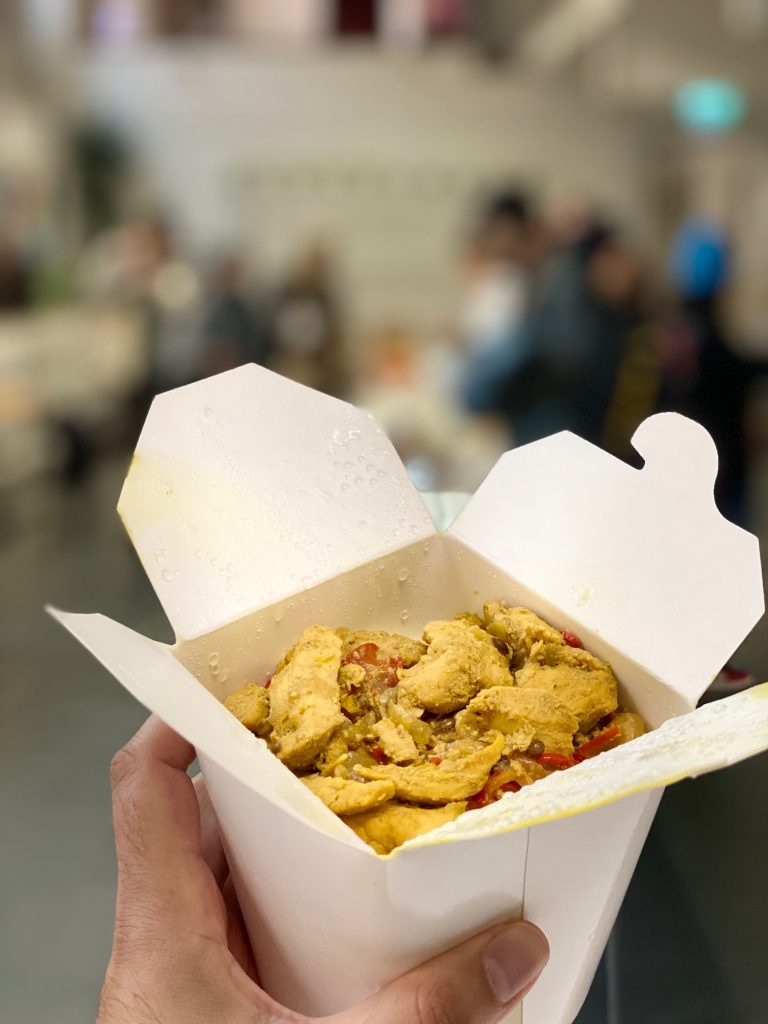
Caterer High Quality Chicken Pilau Box 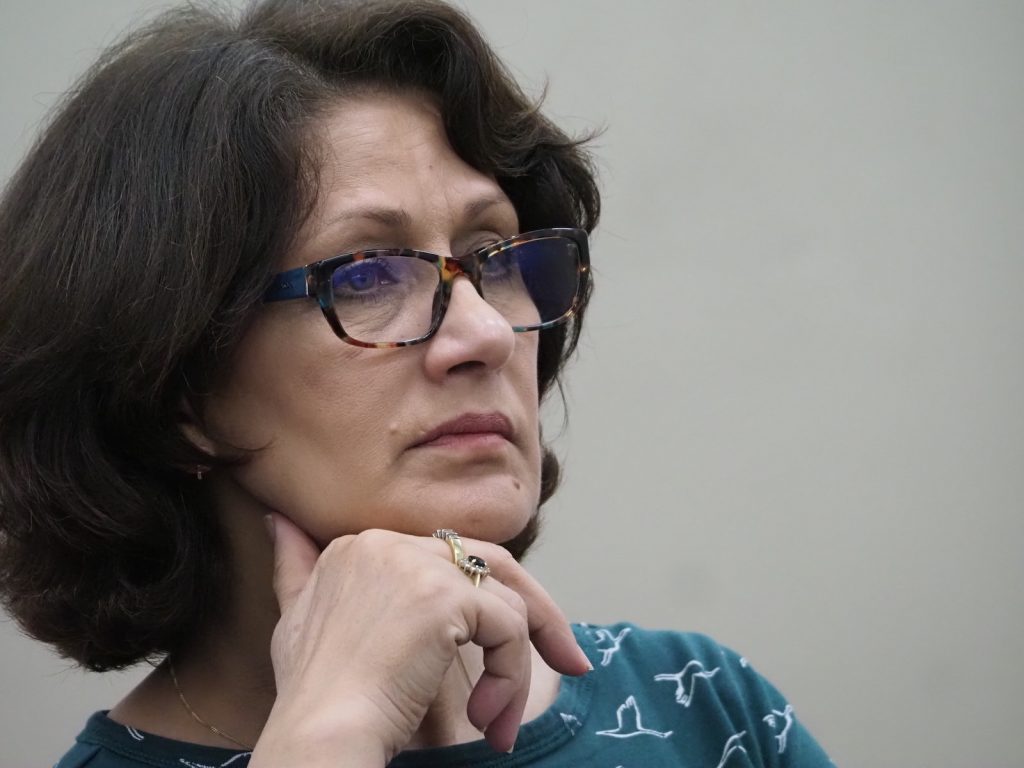
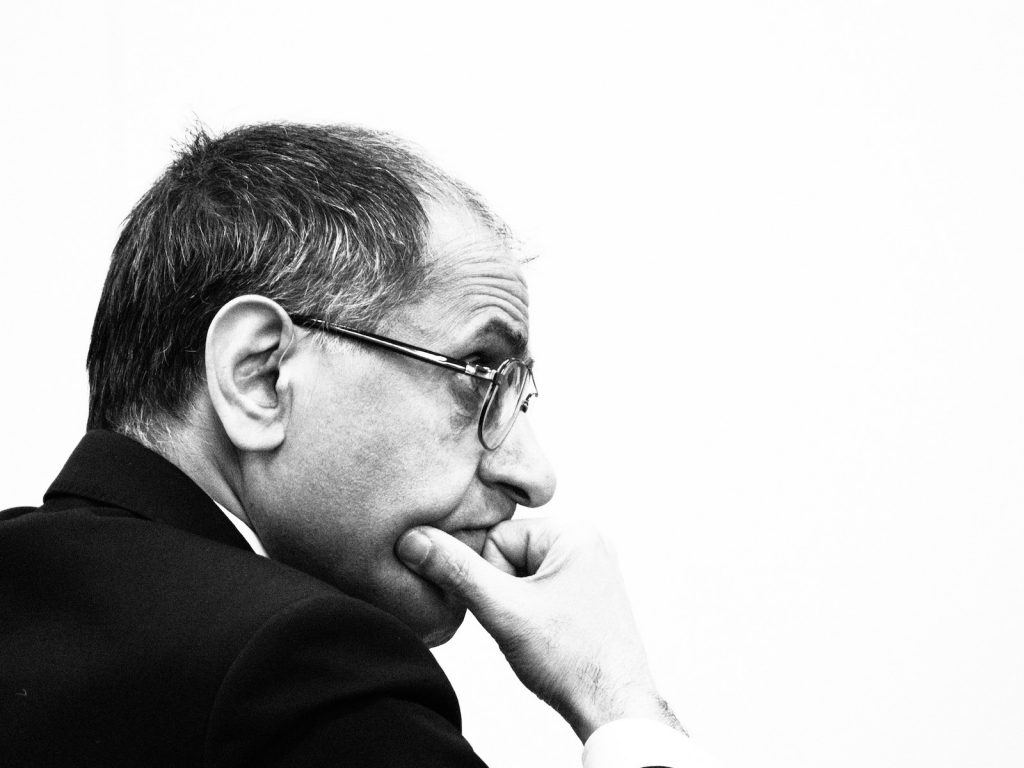
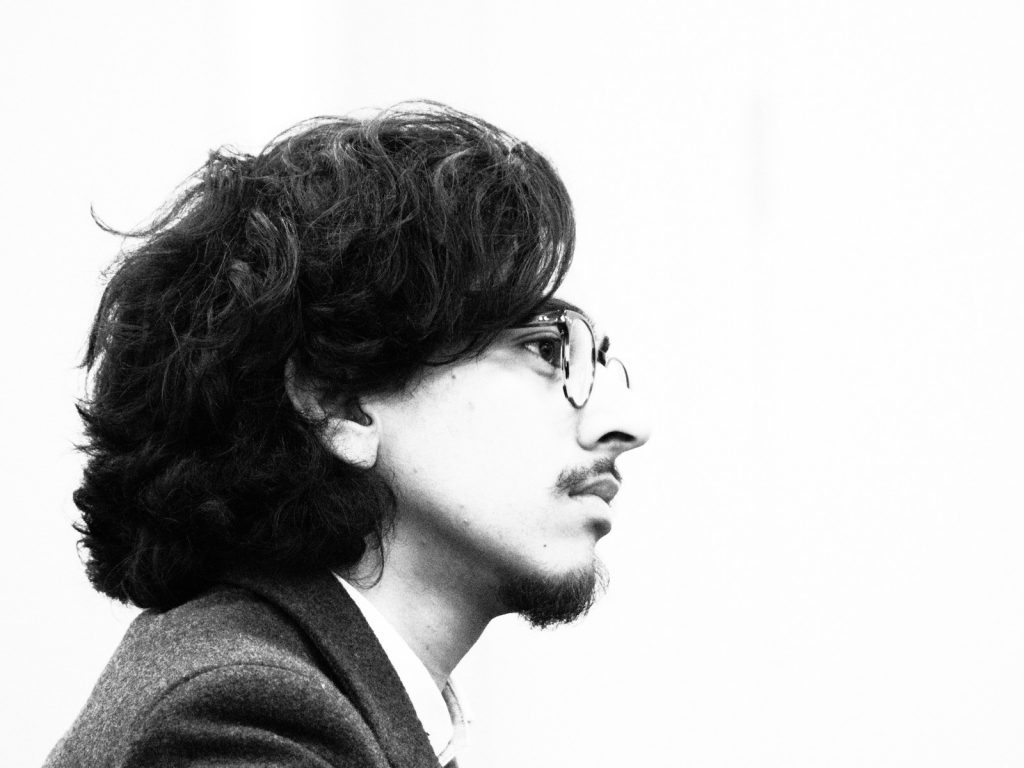
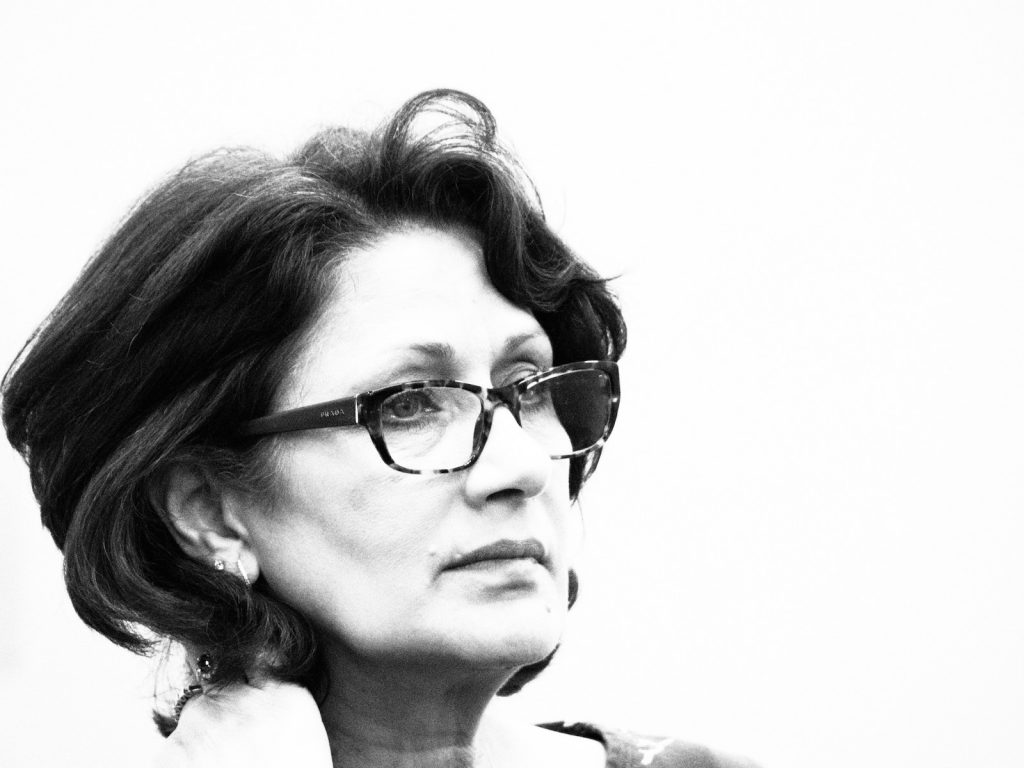
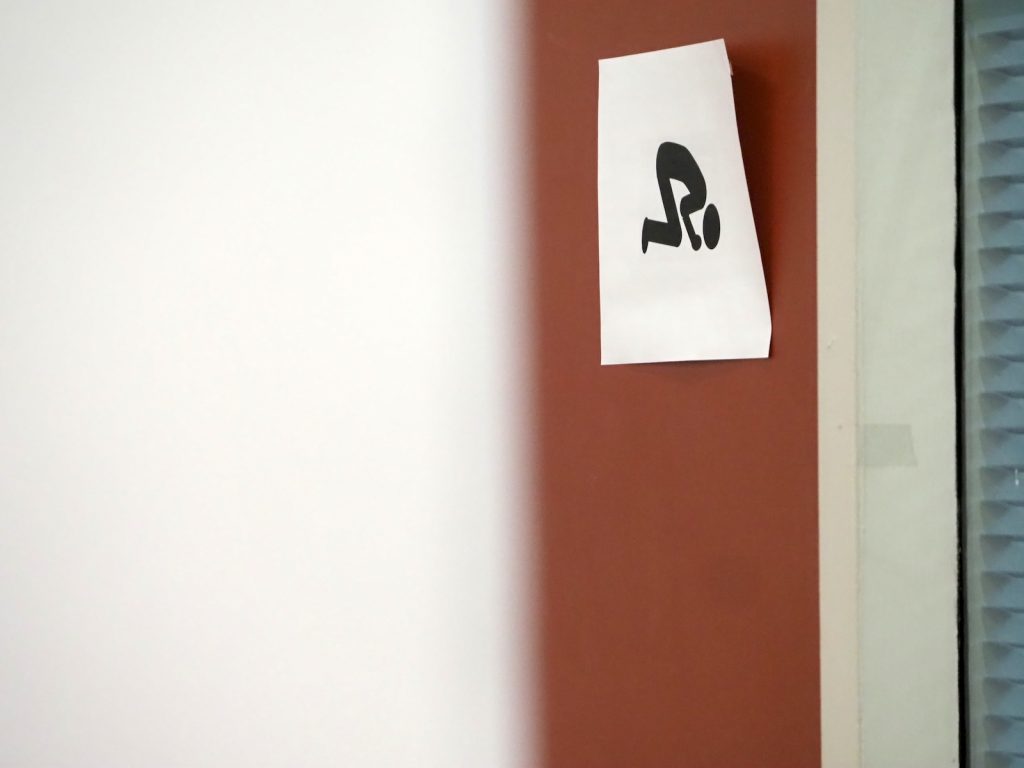
Prayer room
Delegate & Speaker Response to Conference
Lisa Arif-Fear, said “Ebrahim gave a great keynote of looking at tradition and going back to traditional values but reinterpreting that to today, by looking at the diverse scholarship of the past, rather than just picking on limited traditional practices which are often done in British Muslim communities today. Instead, he focused on widening scholarship as tradition is something we should build on, not stick in a box and replicate.”
Julian Bond from the Methodist Church said, “I like what he (Ebrahim) was saying. That in order for religion to be implemented properly now, it needs to be connected to modern society and modern thinking. Sort of bridge the gap between the time of the original message and now because context always changes. It’s good that he gave the example of the Caliph Umar who adjusted the description of the jizya, into something that was more acceptable to the local Christian population.
Julie Siddiqui a British Muslim activist said, “I love coming here, the breadth of discussions, that people present their topics are quite unique and brilliant and I’d love to see more of this amongst Muslim communities as I think it is important we hear different views about different topics.”
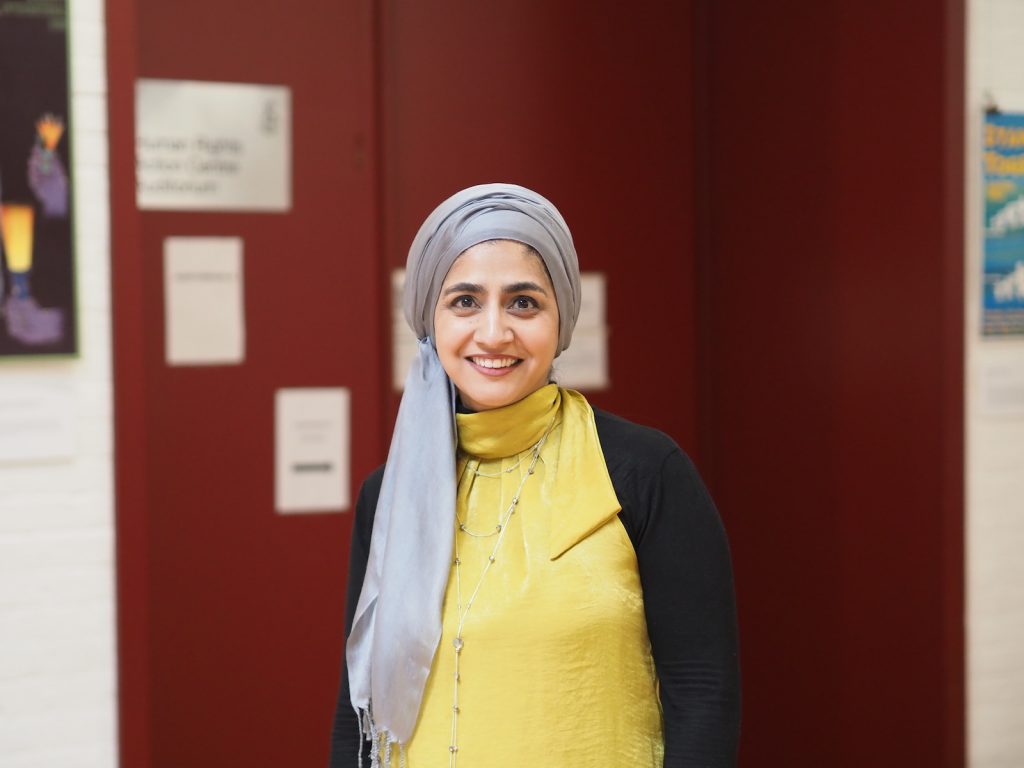
Need for the Conference
Rabiha Hannan, one of the organizers said, “The British Islam Conference is so incredibly important for us today. There aren’t enough spaces where we can have open conversations about issues we are all grappling with. Issues in every home up and down the country.”
“We want to create an opportunity. We call it a marketplace of ideas where people can come together and try and struggle intellectually, and get to answers that are meaningful, relevant, and useful for society today.”
In all, the British Islam Conference delivered another year of fascinating, engaging, at times controversial, but enjoyable talks.
If, as Muslims we are taught in the Qur’an to question, to think, to challenge, to understand, what better way than to hear a diverse range of views and help each of us as individuals as well as communities, to build upon and strengthen our relationship with our Creator.
Pages: 1 2